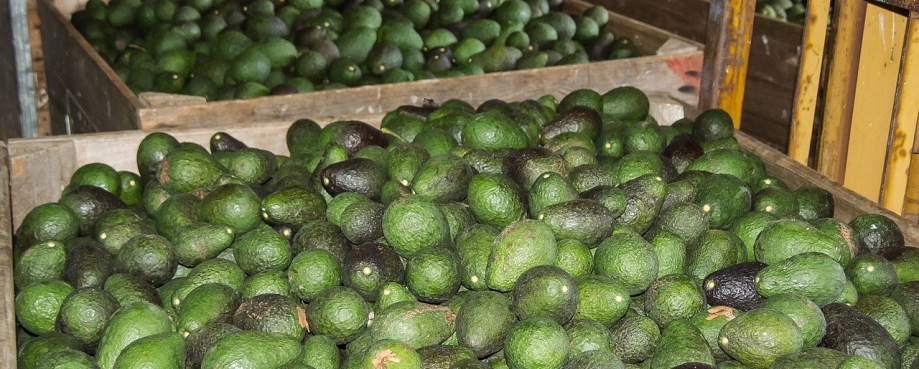
ETI does not condone any form of human rights abuse and sets a high standard for its members' commitment to implement the ETI Base Code. We provide support and guidance to our members when alleged violations of codes of labour practice in workplaces are brought to our attention, and support the right of those who feel they have a grievance to use judicial processes for redress.
Since 2019, ETI has been working with a group of retailers and their suppliers who had sourcing relationships with Kakuzi, and we commissioned a study into the allegations, paid for by these companies. Kakuzi accepted the findings of the report and produced a corrective Action Plan in February 2020.
(Updated on 16 October 2020)
These are very serious allegations, and some appear to be recent rather than historical, having allegedly occurred earlier this year. We were unaware of the most recent allegations and are seeking urgent clarification as to the nature and extent of the alleged offences, and a clearer understanding of the timeline, which may affect our position in relation to our advice to members going forward.
Underlying the many layers of allegations, there appear to be issues around management, action and transparency from Kakuzi. We will be working with our members and with Kakuzi to seek clarity, and will be seeking solid evidence that any failings have been tackled, and that the Action Plan includes clear timelines, and precise metrics for improvement and progress.
ETI supports our members to take a workers first position, and we would only ever recommend that a member terminates sourcing from a particular supplier as a last resort, after everything reasonable has been done to address the abuses identified and support the supplier to meet human rights due diligence requirements. When responsible businesses leave, suppliers are faced with either sacking workers, thereby depriving them of jobs and livelihoods, or seeking orders from other companies with insufficient concern for the welfare of workers.
ETI’s focus is always on labour exploitation and not on land rights, an area outside our remit and expertise. That said, we note that many of the allegations appear to relate to events beyond the farm gates, and would reiterate that business responsibilities do not end as soon as a worker has clocked off their shift. Brands have a responsibility not only to workers in their global supply chains, but to the communities within which they live and work.
